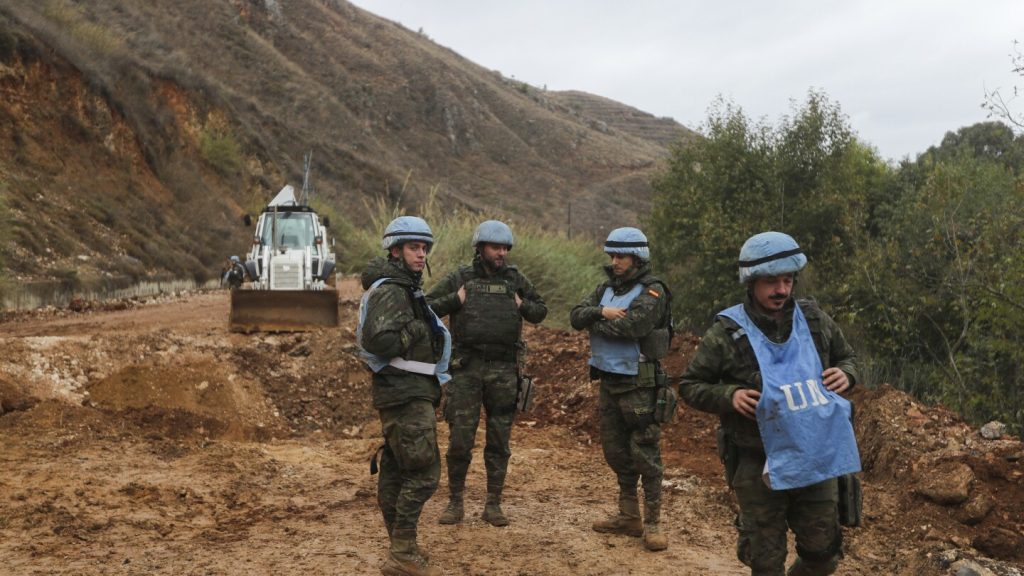Disagreement Over U.N. Peacekeepers in Lebanon
WASHINGTON (AP) — The status of U.N. peacekeepers in Lebanon has created a divide between the United States and its European allies, which has implications for regional security in the Middle East. This issue is becoming another source of tension in U.S. relations with key partners like France, Britain, and Italy.
UNIFIL’s Mandate at Stake
The focus is on the UNIFIL peacekeeping operation, which is set to have its mandate renewed by the U.N. Security Council by the end of August. Established to monitor the withdrawal of Israeli forces from southern Lebanon after the 1978 invasion, its mission expanded after the 2006 conflict with Hezbollah.
Criticism From U.S. Lawmakers
This multinational force has been involved in monitoring southern Lebanon’s security situation for decades, even during last year’s Israel-Hezbollah war. However, it has faced backlash from both factions and various U.S. lawmakers, especially those now influential in President Donald Trump’s administration.
Plans to End UNIFIL
The Trump administration has signaled its intention to terminate UNIFIL swiftly, viewing the operation as an ineffective expenditure that hinders efforts to eliminate Hezbollah’s influence while restoring security control to the Lebanese Armed Forces, which the government claims is unprepared to take charge.
European Pushback for UNIFIL Extension
In light of recent conflicts, European nations, particularly France and Italy, have pushed back against ending UNIFIL’s mandate. They successfully advocated for a one-year extension with a six-month wind-down period, despite the U.S. side’s positions. This concern stems from fears that prematurely halting UNIFIL would create a security vacuum that Hezbollah could exploit.
Ongoing Criticism and Support for UNIFIL
With about 10,000 peacekeepers in the region, tensions remain high as both Hezbollah supporters and Israel criticize the U.N. mission for alleged shortcomings. Meanwhile, Lebanon’s officials insist that UNIFIL’s presence remains vital, as the Lebanese military is currently unable to sufficiently patrol the area. The U.N. has echoed this sentiment, emphasizing the peacekeepers’ essential role in maintaining regional stability.
Conclusion
The ongoing discussions surrounding UNIFIL’s future highlight the complexities of international relations and security dynamics in Lebanon. Decisions will be made soon, with the U.N. Security Council set to deliberate the mandate’s renewal, amidst calls for a balanced approach to both local and regional security needs.



